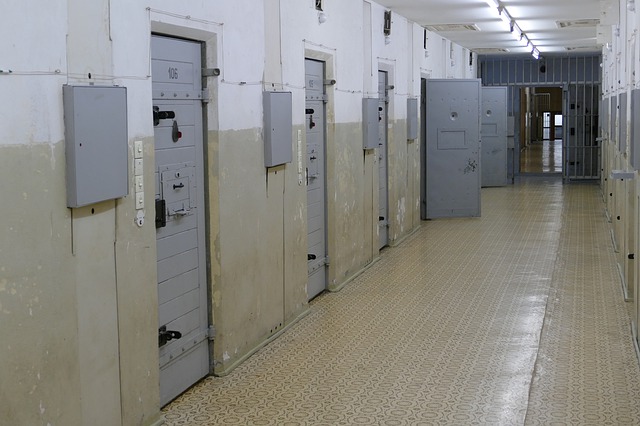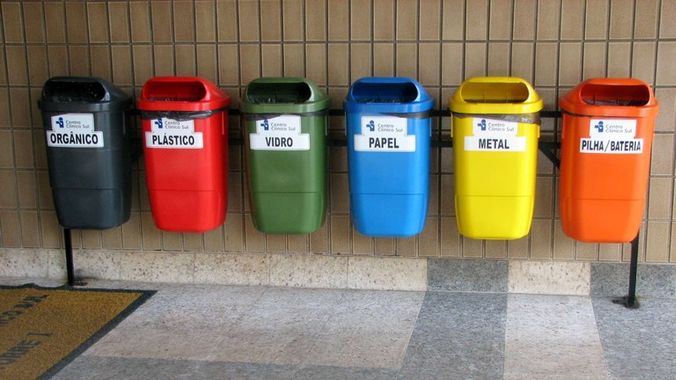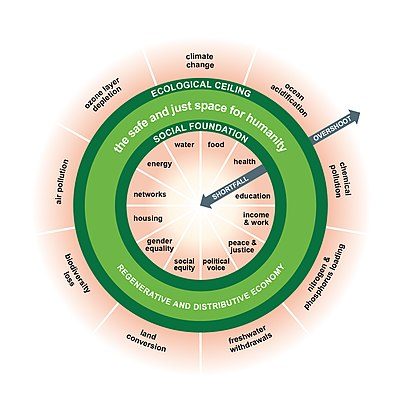Three Horizons
In this post I make a suggestion for a positive, disruptive, innovation in (economics) education. This idea is based on an introduction of the Three Horizons of Bill Sharpe by Kate Raworth.

In this post I make a suggestion for a positive, disruptive, innovation in (economics) education. This idea is based on an introduction of the Three Horizons of Bill Sharpe by Kate Raworth.

I recently finished Melanie Mitchell’s Complexity: A Guided Tour. One of the insights I gained from reading the book was the concept of an idea model applied to the Prisoner’s Dilemma.

One of the things I find important in relation to a 21st century economics education is systems thinking. But when discussing systems thinking with interested others I often find that it is such a huge concept.

Last weekend I watched an online lecture with the title “How We Got Addicted to Cars” brought by the University of Utrecht. The lecturer was the economist Julia Steinberger, Professor of Social Ecology and Ecological Economics at the University of Leeds.
I took something away from this lecture, that is much more profound to me than our addiction to cars, and very much in tune with the doughnut framework: The Systems of Provision Approach.

The social foundation offers ample possibilities to connect financial and economic literacy, like health, education, food, water, energy and housing. These elements correspond with economic sectors in which students engage now, and will engage more when they take the next step in their lives and have responsibility for their own household budget. That is how we came up with the idea of a series of lessons called ‘Know Your Economy’.

Last week I was fortunate to participate in the first game design session of a game based on Doughnut Economics, that has the working title Seeds. There are a few things I want to share with you about this project. Today I want to share some board game ideas I picked up in the meeting.

One of the things we have discussed over the last few months is the concept of value. The question ‘what is value’ is such a philosophical question. It is often assumed that economists believe price to be equal to value, but if that was so, why would we have the concept of willingness to pay?

Alternative allocation has always been a fascinating concept to me. The insight that resources can be allocated in different ways is central to the fundamental theme of economics: choice. I used to think that economic choice was equivalent to the concept of economic scarcity. However, discussing allocation systems made me realise that this may not be that obvious.

A few days ago it was pointed out to us that the doughnut was not a model but a normative framework. Since we believe it is extremely important to teach young people the difference between normative and positive statements, this is an important insight. Therefore, it will not surprise you that we are very much aware of this. This is actually the reason why we prefer to say a 21st century economics education should be based on the doughnut framework.

Basic financial, literacy skills grow resilience. Students learn what they need to function in the society they are part of, what is available in terms of social security, national healthcare and such. They also become aware of risks and uncertainties and how to cope with both – what precautions they can take and how to provide for themselves.